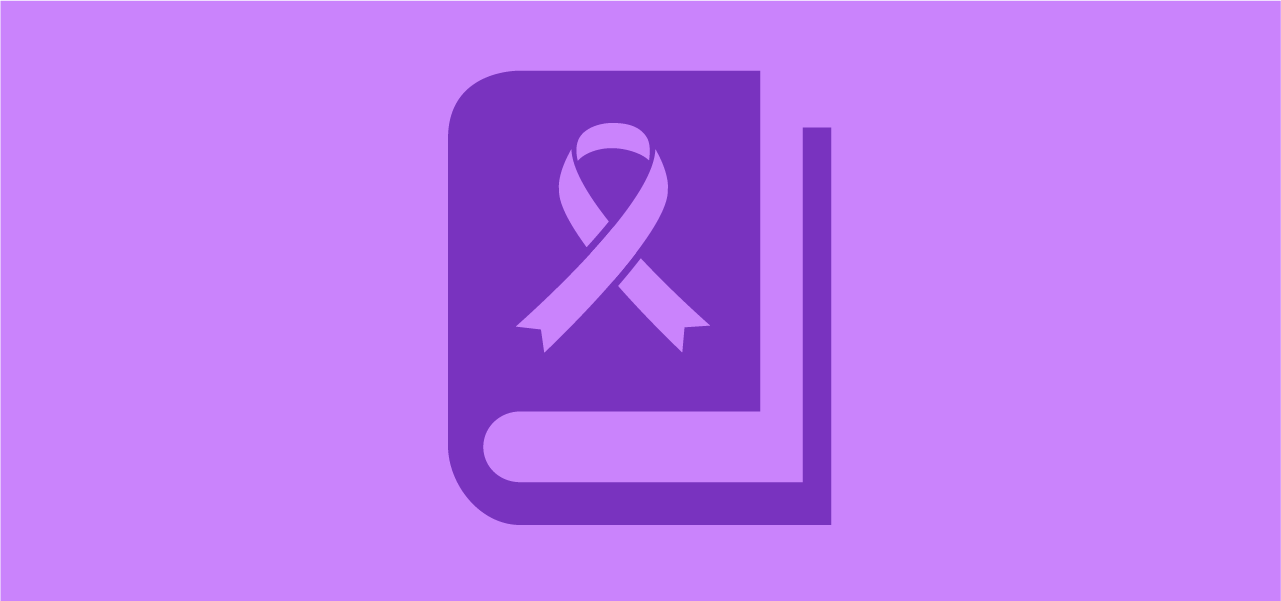
Njeru, M.K., Cross, C., Nyandieka, L., Wanjala, C., Mokua, S.N., Mutisya, R., Manduku, V., Mackintosh, M. (2021) Access to cancer care in Kenya: patients', survivors', caregivers' and health providers' perspectives. ICCA and KEMRI Working Paper, December 2021.
Access to health care remains a complex notion with varying interpretations and no universally accepted definition. At least half of the world’s population lacks access to essential health services. The literature identifies “6As” dimensions of Access: Accessibility, Affordability, Availability, Adequacy /Appropriateness, Acceptability and Approachability. This paper employs these dimensions in documenting factors that were found to influence access to cancer care in Kenya. Health and Industry studies were conducted sequentially. The health part of the study reported in this working paper, employed a convergent parallel mixed methods study design which was undertaken in three counties of Meru, Nairobi and Mombasa. A total of 405 patients were interviewed in public sector health facilities, four focus group discussions with cancer survivors and 22 in-depth interviews with caregivers, health workers and policy makers held.
Affordability of cancer services was enabled largely by cash payment with incremental use of National Hospital Insurance Fund (NHIF) from entry in health care up to the first treatment, but the high costs of cancer services were a major challenge. Payments for tests, treatment and indirect costs including transport and accommodation potentially impoverished many patients and their families as well as social networks . Facilities were financially supported by County Government funding, business and non-profit partners, and collaborations between health facilities to reduce indirect costs for the patients. Approachability was facilitated by community outreach services, local networks, awareness and knowledge promotion. However, better linkage between the community and health facility was required, especially for screening services. Availability: 30% of survey participants indicated that something they needed at the health facility was unavailable. The missing items included: medication, tests, treatment therapies, pain relief and essential commodities. Qualitative findings identified additional requirements including oncology staff and equipment. Patients also considered aspects of care that were unacceptable, and mentioned fear, stigma, cultural influences, religious and alternative beliefs. Nonetheless, having information and support from family, friends and other patient’s facilitated acceptability of cancer services. Accessibility in terms of distance and time to reach cancer care services located at county or national referral facilities was reported as a challenge for many. Communication, including lack of clarity, mis-diagnosis and non-disclosure of relevant information emerged as an appropriateness concern.
It is important to note that the six access dimensions interact and therefore, may not be addressed separately. When these aspects of access to cancer care are facilitated, then access can be improved. Hence, a holistic health system approach to access is desirable, while emphasis should be put on enhancing diagnostic capabilities at lower levels of care in line with the objective of Universal Health Coverage. Mutually supportive interventions to strengthen access can include wider insurance coverage, extended staffing and improved information. When challenges to any of the access dimensions remain, then access to cancer care is undermined.